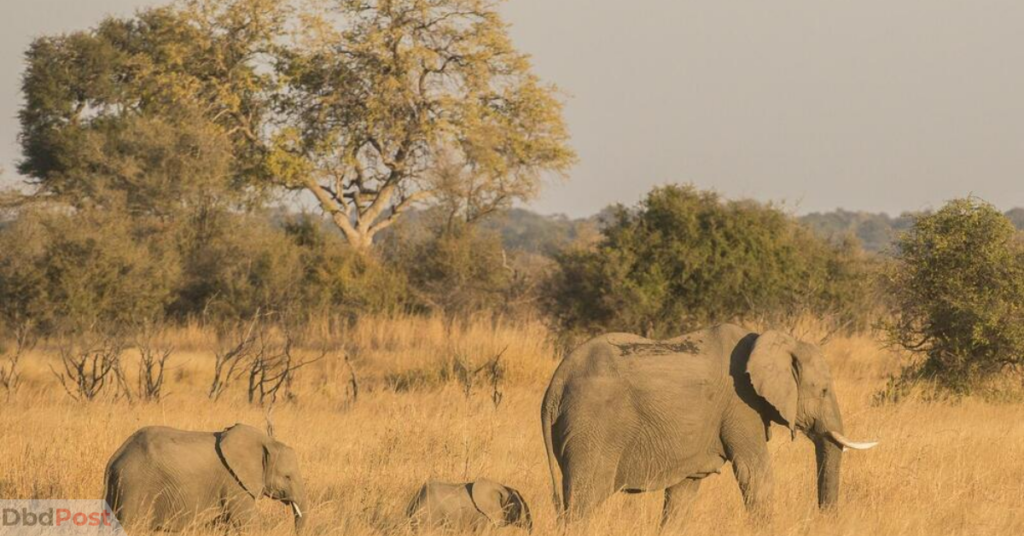The global fight against wildlife crime has gained momentum. The European Union (EU) has committed €27 million to support the International Consortium on Combating Wildlife Crime (ICCWC).
This funding will help dismantle trafficking networks and reduce the demand for illegal wildlife products.
The GUARD Wildlife – Global United Action to Reduce and Dismantle Organized Wildlife Crime initiative unites law enforcement agencies, civil society organizations, and EU Member States.
They will collaborate to enhance conservation efforts and combat the illegal trade of endangered species. This approach strengthens global enforcement and accountability.
Officials announced the funding in Geneva on February 7, 2025. Wildlife crime is a multi-billion-dollar industry that fuels corruption and threatens biodiversity.
Criminal networks exploit gaps in enforcement and the demand for exotic species.
The United Nations Office on Drugs and Crime (UNODC) World Wildlife Crime Report (2024) highlights the problem’s urgency. From 2015 to 2021, wildlife seizures occurred in 162 countries and territories.
Authorities confiscated items linked to approximately 4,000 species of plants and animals.
The ICCWC is leading the initiative’s implementation. This consortium includes the Secretariat of the Convention on International Trade in Endangered Species of Wild Fauna and Flora (CITES), INTERPOL, UNODC, and the World Customs Organization (WCO).
Its goal is to disrupt trafficking networks and strengthen enforcement.
Collaboration is a priority. National authorities, law enforcement agencies, and EU Member States will play key roles. Civil society organizations will contribute expertise in conservation and behavioral science.
Enforcement mechanisms require strengthening. The program will provide technical support, mentorship, and training to law enforcement personnel.
Wildlife crime often intersects with money laundering, corruption, and human trafficking.
Consumer demand for illegal wildlife products must be addressed. Many illicit items, including ivory and exotic pets, remain in high demand.
Behavioral science-driven interventions will help shift consumer behaviors and reduce market incentives for traffickers.
The initiative also includes investment in intelligence-sharing technology. Data analytics and AI-driven tools will improve the identification of trafficking routes.
Enhanced surveillance at borders and ports will help authorities intercept illegal shipments.
The economic impact of wildlife crime extends beyond biodiversity loss. It disrupts local economies and deprives communities of legitimate income sources.
Governments and law enforcement agencies must maintain political commitment. Continued funding and resource allocation will be necessary for long-term success.
Without sustained efforts, trafficking networks will continue to evolve and evade detection.
Public awareness campaigns will play a key role. Educating consumers about the consequences of purchasing illegal wildlife products can help reduce demand.
Social media and educational initiatives will be leveraged to reach a wider audience.
Addressing corruption within enforcement agencies is crucial. Traffickers often exploit weak governance and bribery to facilitate illegal trade.
International cooperation remains essential. Wildlife crime is a transnational issue that requires coordinated efforts across borders. Strengthening diplomatic ties and legal frameworks will enhance the initiative’s effectiveness.
Efforts to combat wildlife crime must continue to expand. The stakes are high. Wildlife protection ensures biodiversity and safeguards global ecosystems for future generations.
- 107shares
- Facebook Messenger
About the author
Draven Watson is a seasoned Global News Expert at DbdPost.com with extensive experience in analyzing and reporting international developments. Known for his sharp insights and comprehensive coverage, Draven unpacks the complexities of global events, offering readers a deeper understanding of the issues shaping our interconnected world.





